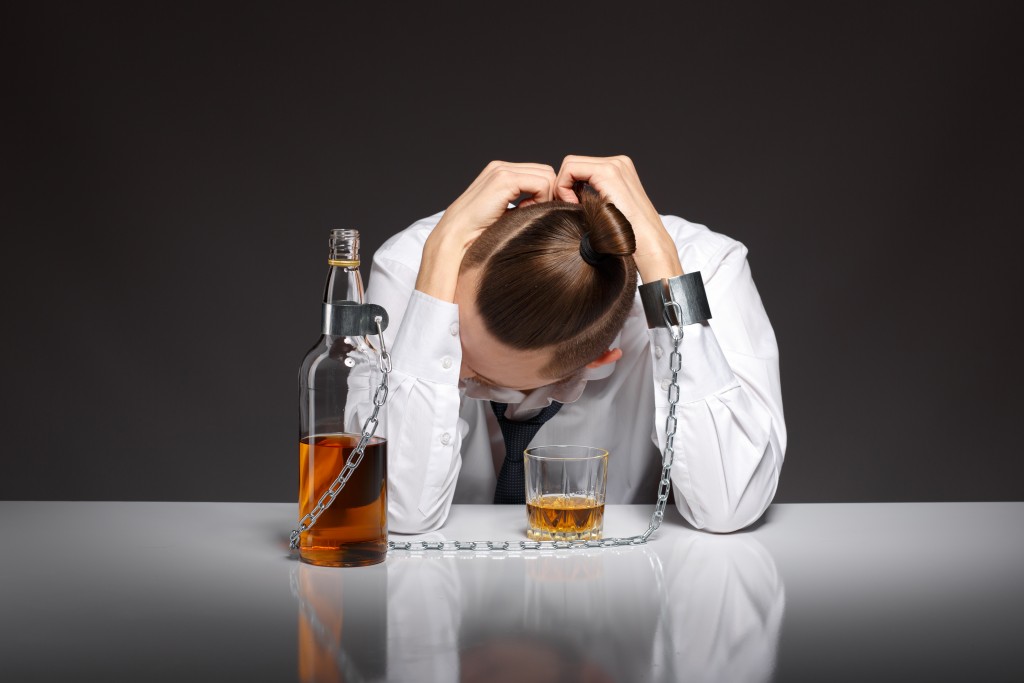Depression and poor mental health are common around the world. Over 300 million individuals are affected by them, and one of the ways they cope with their conditions is drinking.
In the United States, nearly 30% of people experience alcohol use disorder at some point of their lives. Though reputable drug rehab clinics are available in the country and other parts of the world, alcohol abuse remains to be rampant, and it’s prone to relapse if not given proper medical attention.
That said, let’s understand what motivates people to drink away their problems, and what alcohol actually does to the brain.
Alcohol is Regarded as a “Self-medication”
People enjoy drinking because of the “burst” of energy it gives them. Indeed, alcohol temporarily eases anxiety and lowers inhibitions, giving drinkers Dutch courage, or a surge of elation and confidence.
As such, individuals struggling with poor mental health may be more likely to regard alcohol as treatment. Multiple studies suggest that military veterans suffering from PTSD and depression are more likely to misuse alcohol. In addition, women with depression are found to likely engage in binge-drinking. People who experienced major depression in their childhood may also drink earlier in their lives.
Therefore, if you also enjoy drinking when you’re feeling blue, you have to establish a clear line between drinking for leisure or drinking to forget your problems. If you find yourself veering more toward the latter, determine if the following habits apply to you:
- Heavy drinking in a single episode
- Drinking frequently even daily
- Constantly craving alcohol
- Drinking alcohol discreetly
- Continuing to drink despite negative effects on health and personal relationships
- Avoiding other activities for alcohol
- Continuing to drink despite experiencing symptoms of depression and other mood disorders
If stress and personal problems are what usually pushes you to drink, consider counseling. Recovering from a mental health condition will help you to think more rationally, enabling you to see alcohol for what it truly is, and not what it merely claims to do.
How Alcohol Affects Memory
 It is true that alcohol has an effect on our memory, particularly our short-term memories. This is probably why you can temporarily forget your sorrows while having shots or bottles of booze.
It is true that alcohol has an effect on our memory, particularly our short-term memories. This is probably why you can temporarily forget your sorrows while having shots or bottles of booze.
But problems and other negative feelings aren’t the only things alcohol can make us forget. Heavy drinkers also have higher tendencies to miss important appointments, birthdays, and day-to-day tasks. They may even forget what they’re about to say mid-sentence, or end a month without paying their bills because it slipped their minds.
This happens because alcohol impedes the ability of the brain to transmit information from short-term memory to the long-term storage. A part of the brain called hippocampus is shrunk, affecting memories and learning.
Furthermore, a chemical in the brain called glutamate, which also affects memory, is also sensitive to alcohol. This is the one that causes blackouts, wherein a drinker passes out and forgets what happened during a heavy drinking session.
Alcohol Worsens Mental Health
Alcohol also disrupts our body’s ability to rest. This forces us to work harder to digest the alcohol in our systems, affecting our sleep patterns and resulting in lower energy levels.
And even if we feel cheery while drinking, the alcohol is actually depressing our nervous system, causing our moods to fluctuate. This process is also the one “numbing” our emotions, pushing us to drink more because we mistake it as something pleasurable.
Moreover, alcohol doesn’t always make us forget. Sometimes, it can trigger past traumas and repressed feelings, threatening our safety as well as that of others because of the overwhelming emotions we’ll experience.
Therefore, even if drinking can be fun from time to time, let’s keep in mind that it will never be a solution to our problems. It’s still better to confront our troubles, and seek help instead of simply drowning our sorrows.






